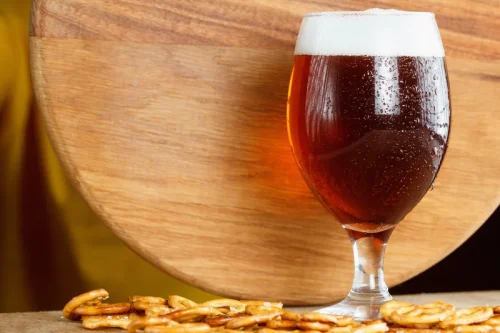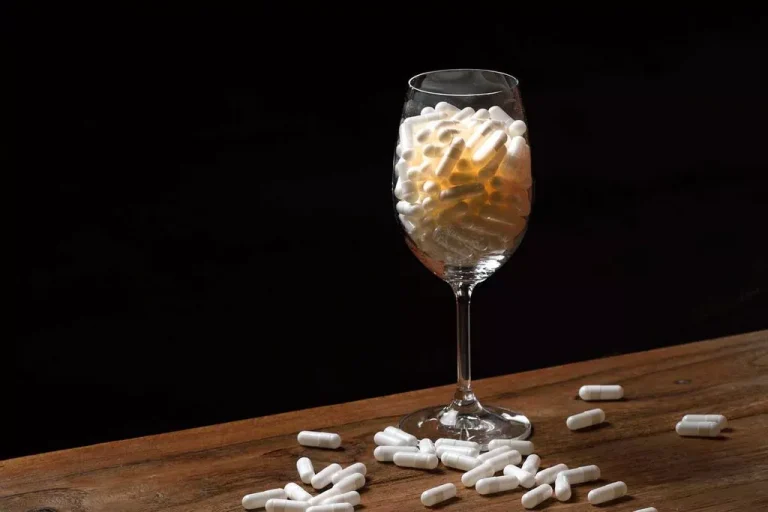
Anyone who experiences severe symptoms, such as constant bleeding, intense pain, or dizziness, should seek emergency care. Some people may initially follow these recommendations but become tempted to increase their alcohol intake over time. Alcohol consumption has a profound effect on various systems of the body, with the liver and brain being particularly vulnerable.
- No matter where you are in your recovery journey, our team will be there every step of the way.
- This interaction is particularly concerning as it can increase the risk of excessive bleeding, especially in individuals with underlying liver conditions.
- Short-term effects occur because of how alcohol impacts receptors in the blood.
- Addiction Resource is an educational platform for sharing and disseminating information about addiction and substance abuse recovery centers.
- In the realm of addiction recovery and medication management, understanding the interaction between prescribed drugs like blood thinners and alcohol is paramount.
- If you drink alcohol frequently or drink large quantities, or if you have liver disease, let your prescriber know before treatment starts.
Do not sell my personal information Privacy Policy and Terms of Use

Additionally, alcohol is classified as a Group 1 carcinogen by the International Agency for Research on Cancer, indicating a high risk for cancer development, similar to asbestos and tobacco. The World Health Organization (WHO) emphasizes the need for global awareness of alcohol’s impact on health and advocates for interventions to reduce harmful use. It’s important to discuss your diet, lifestyle activities and other medications you take with your doctor prior to taking them and if other major changes happen after your start treatment. It’s also important to take these medications exactly as your doctor instructs. Many of the herbs that may interact with blood-thinning medications do so because they, too, have either antiplatelet or anticoagulant properties. The pieces may then travel to other body parts and cause more problems.
Can you eat eggs while on warfarin?

Coumadin is one of the most commonly used blood thinners in the U.S., but it carries a 3% to 6% risk of major bleeding. Alcohol should be avoided when taking Coumadin, as it is one of the most blood thinners and alcohol serious risk factors for complications with this medication. Regardless of the type of blood thinner being used, you should generally avoid alcohol while taking a blood-thinning medication.
How can I take blood thinners safely?

If it’s busy working on the alcohol instead of your blood thinner, the level of the drug in your blood will go up and raise your bleeding risk. Yet because of this effect, drinking alcohol could potentially increase your risk for the bleeding type of strokes — especially when you drink it in large quantities. Alcohol use — especially in excess — can also pose other risks to your health. People taking blood thinners with reduced liver function may accumulate more medication in their bloodstream. Increasing the level of blood thinners in the body can lead to an increased risk of bleeding. While blood thinners can be lifesaving, they also come with risks for potential long-term side effects and complications.
How long should people be on blood thinners?
- Doctors recommend that people taking warfarin or drugs containing acetylsalicylic acid limit their intake of alcohol.
- Then, instead of helping, the clots become harmful because they keep blood from flowing through your veins and arteries as it should.
- Over time, excessive alcohol use can lead to an increased risk for cardiovascular events, such as a heart attack or stroke, because of the ways it affects the blood and circulatory system.
- Heavy alcohol drinking while taking clopidogrel can cause ulcers and irritate the stomach.
- The amount of alcohol a person consumes daily contributes to how it affects blood and heart health.
Alcohol and blood thinners interact in different ways that will vary for each individual. This makes it hard to predict exactly what will happen, but it increases the https://ecosoberhouse.com/ risk of either bleeding or clot-related problems. Alcohol can also increase the risk of injuries, which can bleed more easily while someone is on blood thinners.
Green tea also contains some vitamin K, so it’s best to choose another option, like black tea, which doesn’t interact with a blood thinner. It’s generally safe to take acetaminophen while you’re on a blood thinner, but make sure you follow the directions. Acetaminophen can cause liver damage if you take more than the recommended dose. Healthcare professionals treat AUD with medications and behavioral therapies.



